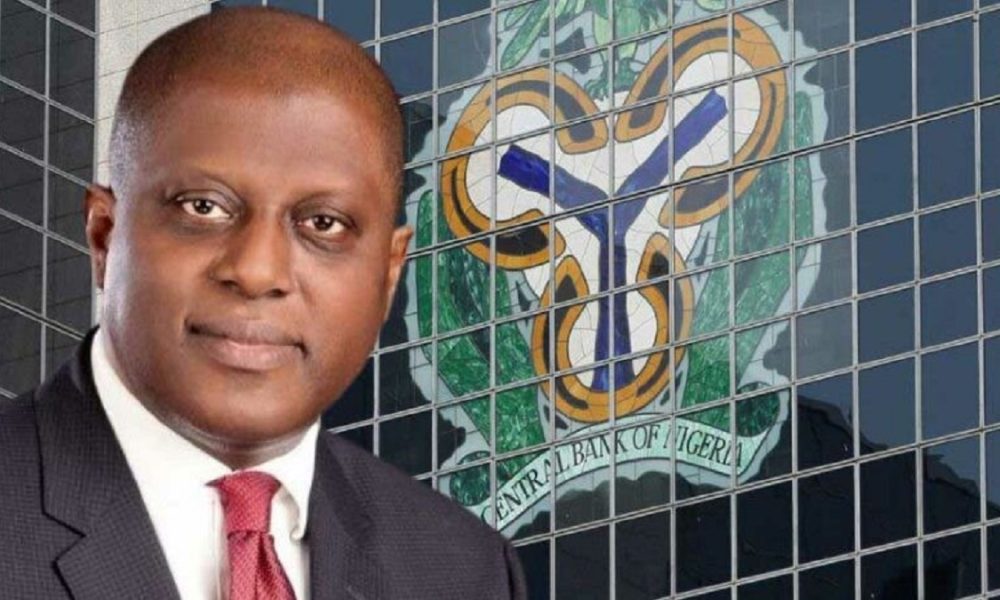
Deliberately or otherwise, the Nigerian Government has been depending on inflow from Foreign Portfolio Investment (FPI), ‘Ways and Means’ from the apex bank and an assortment of loans (foreign and local) for financing its operations. All these can be classified as ‘easy money’ as against incomes generated through improved production and productivity in the country; including export drive. This trend has led to the violation of practically all rules and regulations regarding public finance management as it relates to these funding sources.
Thus, with respect to FPI, the Central Bank of Nigeria (CBN) under the guise of ‘fighting’ high inflationary trend, hiked the indicative interest rate (Monetary Policy Rate, MPR) from 18.75 per cent to an outlandish level of 26.25 percent. This was just between February and May 2024: in a purported bid to make the Nigerian Treasury Bills (NTB) attractive to Foreign Portfolio Investors, under its open market operation (OMO). But, in truth, the CBN was desperately hunting for ‘easy money’; in this case, ‘hot money,’ to improve forex (FX) supply to the wobbling foreign exchange market.
Although the quantum hike in MPR and the OMO attracted some FPI which was deployed to stabilizing the FX market, the resultant high interest rates regime in the financial services sector put loans and other facilities beyond the reach of many businesses. Indeed, not a few businesses, especially, the Small and Medium-scale Enterprises (SMEs), got crowded out of banks’ funds due to outrageously high effective interest rates of between 35 to 40 per cent.
In other words, the short-lived FPI inflow occasioned by hiked MPR resulted in almost total loss of access to bank funding by many economic agents. In some cases, businesses have either scaled down their operating capacity or packed up—even if temporarily. Businesses that manage to keep afloat now (unwittingly) add to the already high and growing Non-Performing Loans (NPLs) of the deposit money banks (DMBs). Many businesses are no longer able to service their loans or take any feasible restructuring option—when much of their output/products are stuck in warehouses due to already weakened consumer purchasing power.
Indeed, the first quarter 2024 unaudited reports of eight banks submitted to the Nigerian Exchange show that provisioning for loan losses had spiked from N45.13 billion in the first quarter of 2023 to N247.91 billion as at the end of the first three months of 2024. The list of these banks include: Guaranty Trust Bank (GTB), Zenith Bank, FCMB, Fidelity Bank, Stanbic IBTC, Access Bank, Wema Bank and UBA. While these NPLs in the books of these banks are growing, neither the high rate of inflation in the economy is dropping nor the FPI inflow continuing.
On the contrary, the very ephemeral ‘success’ of attracting some FPI has since vaporized, and the volatility in the FX market is yet lingering. Indeed, much of the ‘hot money’ has since left Nigeria—which, in part, was why the Naira gain in the FX market was very short-lived. And so, the underlying challenge of acute FX scarcity in the market remains unresolved.
With respect to Ways and Means (‘easy money’) funding of the Federal Government by the CBN, contrary to claims by officialdom, the President Bola Ahmed Tinubu administration still pulls off deals with the apex bank. Available records show that between June and December 2023, the current administration had drawn a cumulative sum of N7.3 trillion from the apex bank by Ways and Means. President Tinubu is reported to have even approached the National Assembly to approve his request “for the securitization of outstanding N7.3 trillion Ways and Means debt balance.”
Before this, on May 23, 2023, the Senate approved the securitization of the sum of N22.70 trillion accumulated outstanding Ways and Means facility of the Federal Government. Tinubu’s predecessor, President Muhammadu Buhari, had made the securitization request on December 28, 2022. Securitized facilities normally get turned into (long term) bonds for sale to prospective investors. No doubt, the securitization of these huge sums have pushed up the stock of Nigeria’s public debt to dizzying heights.
Ordinarily, the extension of Ways and Means facilities by the apex bank to the Federal Government is normal. Accordingly, Section 38 of the CBN Act 2007 says: “the apex bank may grant temporary advances to the Federal Government about temporary deficiency of budget revenue at such rate of interest as the bank may determine.” However, Section 38 (2) of the same Act makes it clear that: “the total amount of such advances outstanding shall not at any time exceed five per cent of the previous year’s actual revenue of the Federal Government.”
Unfortunately, successive administrations have violated this law with impunity; ending up keeping this ‘easy money’ to the tune of trillions of Naira per time—contrary to the Act. Today, due to the ‘illegal’ securitization, the immediate impact of this is massive accretion to the nation’s stock of public debt. Indeed, the Debt Management Office (DMO) said as of March 31, 2024, the country’s total public debt stood at N121.67 trillion; showing that it rose by N24.33 trillion within three months—from N97.34 trillion in December 2023.
Also, sharp and sustained increases in Ways and Means advances to Nigerian Government have been part of the drivers of the hyperinflationary trend in the economy. The massive injection of money into the economy (not backed by any production or improved productivity) by printing more Naira and putting them into circulation has since remained the core drivers of inflation. Such injections by the CBN translate to rising volume of money in circulation per time—and truly act as counterpoise to tight monetary policy of the apex bank.











